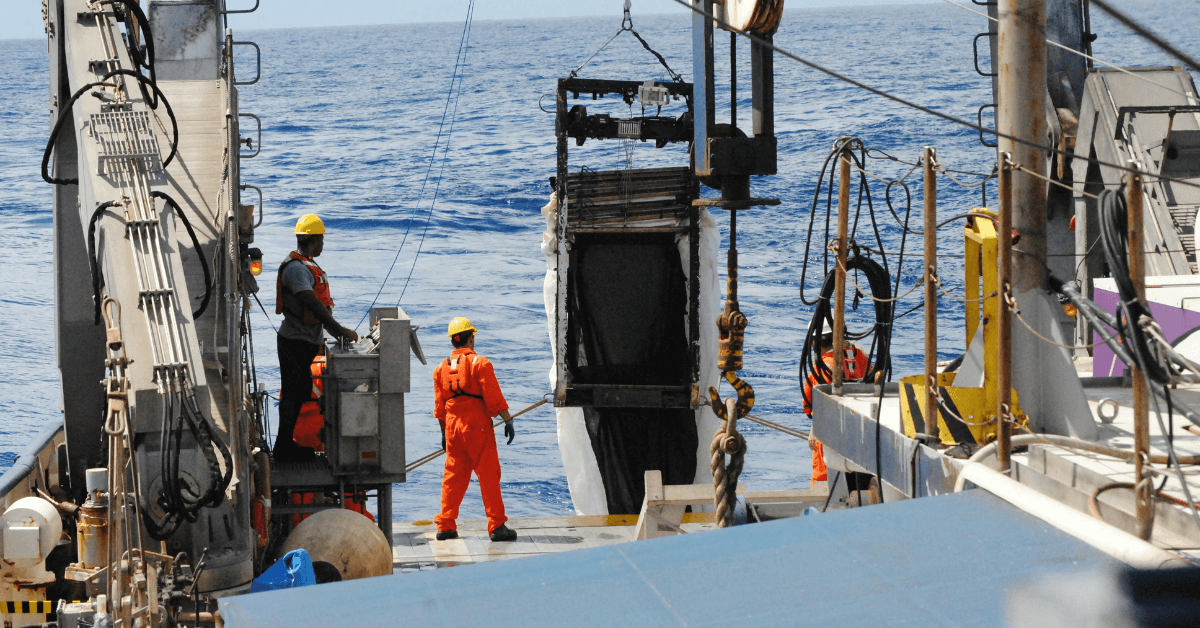
Kongsberg Secures Contract For World’s First Full Electric Tug Integration In India
September 8, 2025
Panama Police Seize 39 Drug Packages on Container Ship Bound For New Zealand
September 8, 2025

The Directorate General of Shipping (DGS) has identified and blacklisted 86 foreign vessels following repeated reports of Indian seafarers being abandoned, imprisoned, or denied wages.
Investigations revealed that many of these ships operate without minimum mandatory documents, including valid Protection & Indemnity (P&I) insurance, and often there is no response from the respective Flag States or Port States when approached.
The DGS circular highlighted that some vessels are repeatedly involved in abandonment cases. Indian seafarers on these ships have faced non-payment of wages, unsafe and inhuman working conditions, lack of repatriation support, absence of insurance coverage, detention by port authorities or local agents, cheating and fraud, untraceable ship owners, and missing statutory documents.
Investigations and reviews conducted by the Director of Seamen’s Employment Offices (DSEO) and the Crew Branch of DGS confirmed the repeated nature of these violations.
Reports also showed poor compliance from some Recruitment and Placement Service Licence (RPSL) companies, including deployment of seafarers without proper Form–1 documentation.
Under the directive, all RPSL companies are instructed to immediately stop recruiting, engaging, or deploying Indian seafarers on the blacklisted vessels. For Indian crew already serving on these ships, RPSL companies must ensure prompt sign-off at the earliest port of call and safe repatriation to India, including full settlement of wages, health, and welfare entitlements.
All RPSL companies that have deployed Indian seafarers on these vessels, either in the past or currently, must submit a detailed report to DGS within 14 working days. The report should include: names, INDOS and CDC numbers of seafarers, periods of employment, repatriation status, and wages paid or outstanding with supporting documents.
The circular warned that failure to comply with these directives could result in strict penalties, including suspension or cancellation of RPSL licenses, blacklisting of the agency, and legal proceedings under the Merchant Shipping Act, 1958, and relevant provisions of the Maritime Labour Convention, 2006 (MLC).
The DGS emphasised that this measure is aimed at protecting the rights, dignity, and welfare of Indian seafarers while ensuring India fulfills its international obligations under the MLC, 2006. While the blacklist is intended for deployment of Indian crew only, its effect on port calls of the blacklisted ships remains unclear.
According to the circular, these vessels have repeatedly caused prolonged hardship to Indian seafarers and their families, including uncertainty of repatriation, denial of wages, and psychological distress.
Reference: dgshipping
Source: Maritime Shipping News


